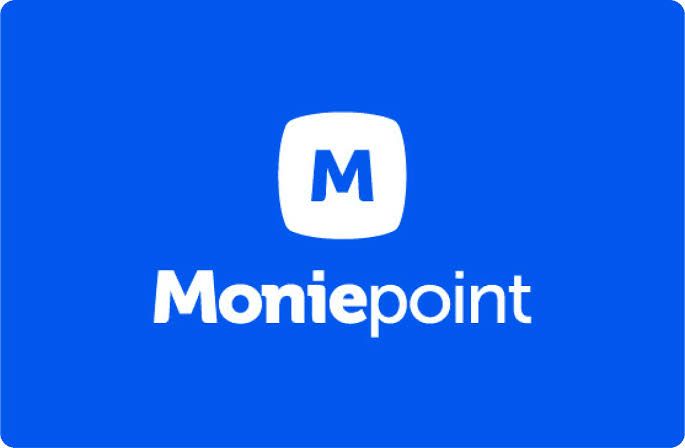Moniepoint, eTranzact, Flutterwave Recorded $144 Billion in Mobile Money Transactions in 2022
CHIGOZIE AMADI
Mobile Money Operators including Moniepoint, eTranzact, Flutterwave recorded a total of $144 billion in transactions in 2022, according to a report by Techcabal Insights.
Moniepoint led the pack with $100 billion transactions and was ranked as the biggest switching and processing platform.
eTranzact with annual transaction value of N50 trillion naira ($34.5 billion) was the second biggest switching and processing player, followed by Flutterwave with $9 billion.
The 2024 Nigeria Payment Outlook report further stated that 35.5 per cent of Nigerians above the age of 15 had a debit card in 2021, with Verve claiming to issue about 35 million active payment cards in 2022.
However, the biggest mobile money operators include Opay, Palmpay and Pagatech both according to the amount of users and app downloads on Google Pay.
Opay has about 30 million users while Palmpay and Pagatech have about 25 million and four million users respectively.
Payment Solutions Service Provider (PSSP) including Nomba, Fluttwerwave and Appzone led with $1 billion in monthly transactions, $9 billion in transactions and $2 billion in transactions respectively, the report pointed out.
Nomba, Wi-Pay and Computer Warehouse Group are the biggest Payment Terminal Service Providers (PTSPs) which includes entities that provide and manage point-of-sale (POS) terminals.
PTSP players including Wi-Pay and Computer Warehouse Group transacted over $3 million and N1.7 billion respectively, according to Techcabal.
It said super-agents remained perhaps one of the most popular payment providers as they are the ones directly “on the ground with ordinary Nigerians.
Accordingly, Kippa, which processes $3 billion transactions with over 500,000 agents, and MTN’s MoMo with over 700,000 agents as well as Nomba with over 300,000 agents are the most important players in the super-agent category.
It added that Interswitch was the only company with the payments service holding license, making its role and dominance uncontested.
The report noted that over the past two decades, the payment system had undergone a significant transformation, transitioning from manual clearing system with few stake- holders to a sophisticated digital system processing value in trillions of Naira.
The payment landscape had also witnessed the emergence of newcomers and subsidiaries.
In 2021, Sterling Bank launched its non-interest bank subsidiary named the Alternative bank which aimed to deviate from the “boring” traditional banking into the more modern initiative with solutions tailored to individual needs.
With this, the report stated that Sterling Bank had officially put some stake into the current fintech ecosystem.
It siad, “From 2021, we saw this trend emerge from Tier 1 Nigerian banks, with newcomers emanating as subsidiaries. Stanbic IBTC did the same with ZEST Payments Limited; GTB with Squad by HabariPay; Accessbank with Hydrogen Payments with all three launching in 2022.
“We have also seen mobile communications industry players venturing into the payments ecosystem with MTN’s Mobile Money (MoMo), Airtel’s SmartCash Payment Service Bank (PSB), and Globacom’s MoneyMaster PSB joining 9 mobile’s 9PSB and Hope PSB to make it five existing PSB’s in Nigeria.
“All five PSBs vocally claim to help promote financial inclusion of Nigerians, as is the goal of the CBN under both PSV2020 and PSV2025.”
The report added, “The payment system is categorized into currency-based (cash) and non-cash components. The Central Bank of Nigeria (CBN) plays a pivotal role in regulation, supported by key entities such as the Nigeria Deposit Insurance Corporation (NDIC), Nigerian Inter-Bank Settlement System (NIBSS), and various financial insti- tutions, payment service providers, and switching companies.
“The main goal of Nigeria’s payment system is to ascertain that the country’s financial system works without backlogs. This allows transactions to be carried out cost-effectively as a result of existing infrastructure and also ensures transactions occur with minimal risks and without delay.
“It is this goal and vision that has pioneered the developments of Nigeria’s payment infrastructure and ecosystem from its first evolutionary phase till the third, the present stage.
“Good payment systems are characterized by their ability to minimize liquidity and operational risks inherent in financial transactions. They carry out processes that seek to constantly improve, its payment instruments, processing, and its ability to become a means of settlement for the relevant banks in the country.”





















